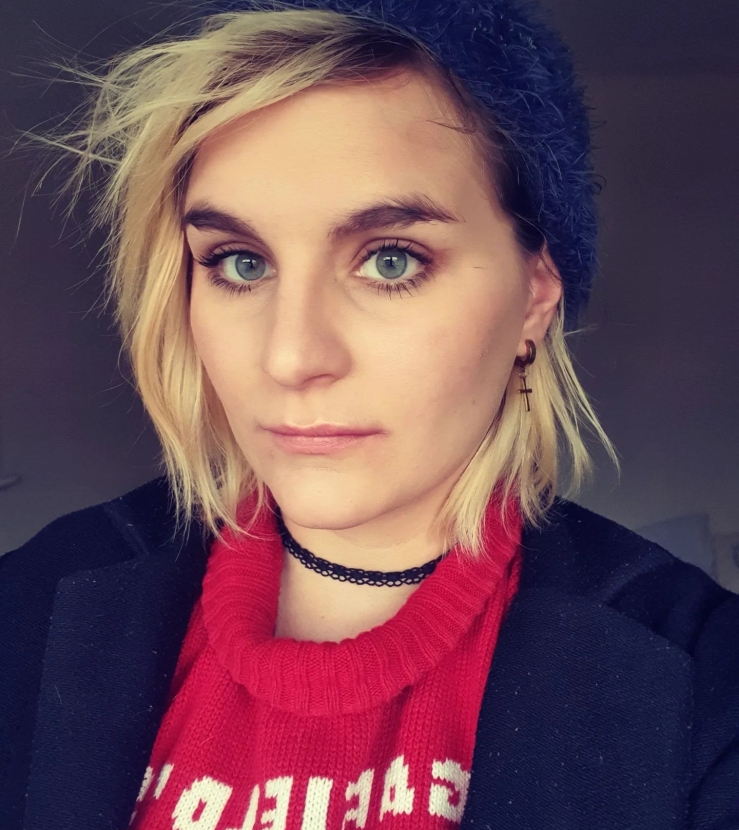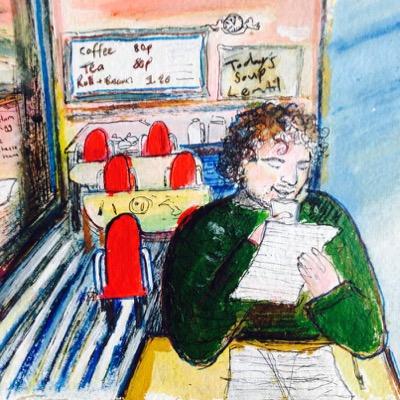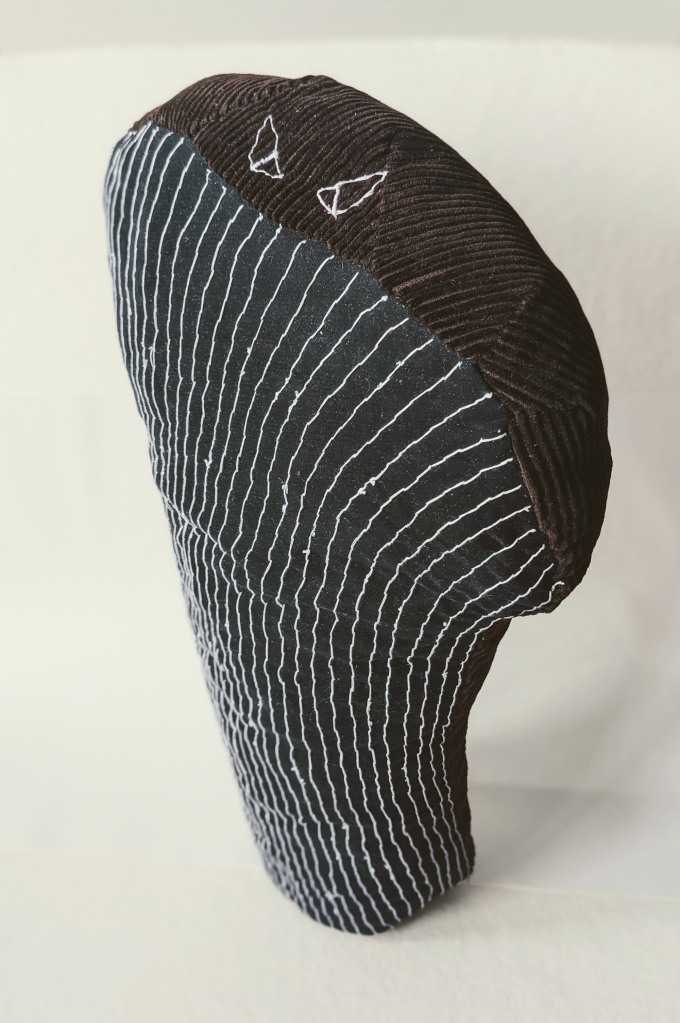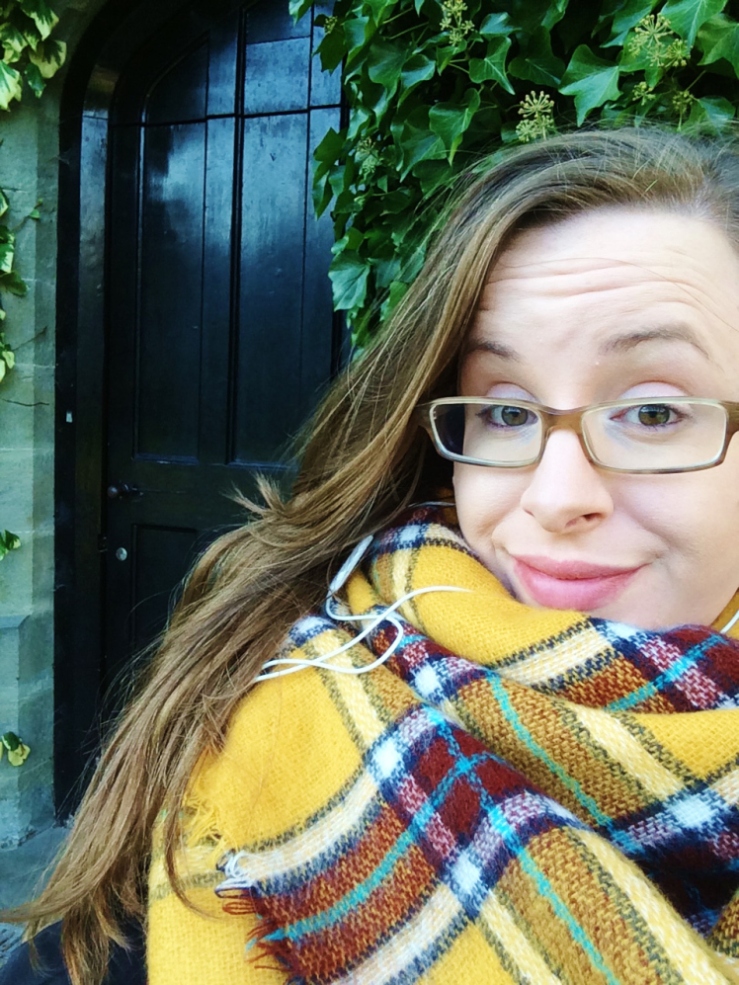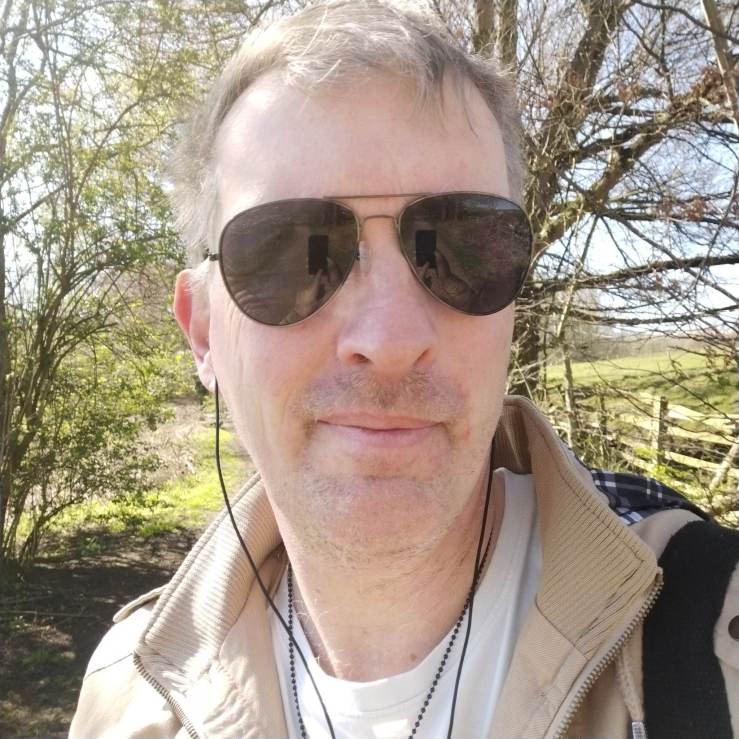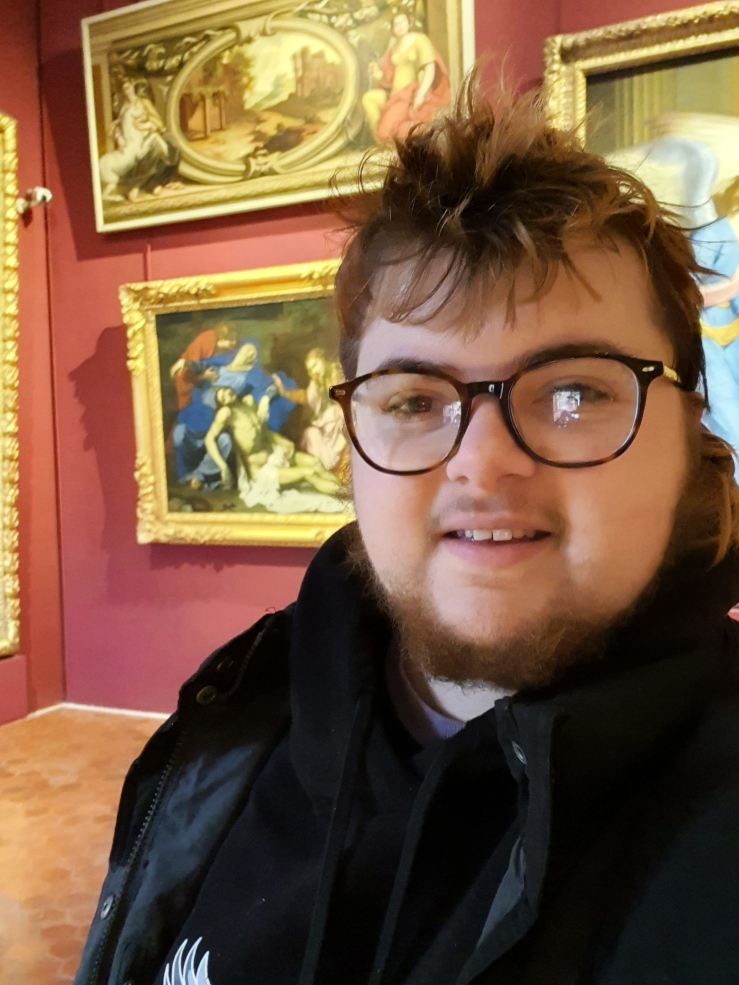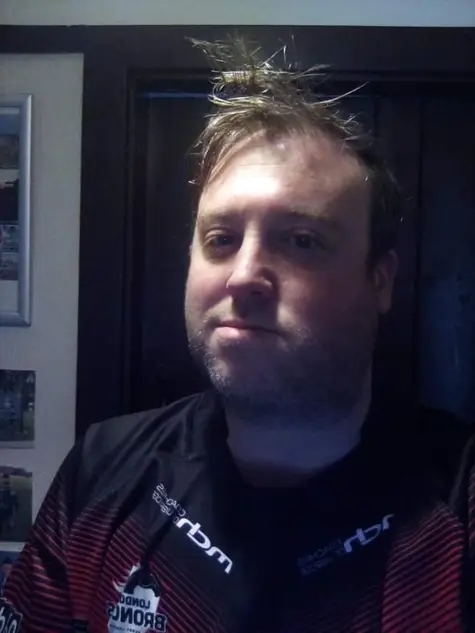
If you can, please donate to help keep this podcast going.
Congratulations on making it to the final day of NaPoWriMo 2024! If you have written a poem every day then you’re a hero! And today’s prompt is superheroes. Don’t just think Marvel and DC. There are superheroes of all kinds in film and literature, and in the real world there are men and women who do remarkable things each day without capes, masks or super powers. So fire up your muse, harness the power of your pen or keyboard and write a poem about superheroes.
A prayer for superheroes
Be blessed this day whether you are Batman, Wonder Woman
or that guy who ran all the way across Africa.
Never regret the choice you made
between flight and invisibility.
May your cape never shrink in the wash
and let there still be phone boxes in times of crisis.
Have the strength to tilt the world on its axis
and the sense to know when all can be fixed with a hot cup of cocoa.
Use zaps, thwacks and kapows wisely.
Never fly or teleport when you can take the bus.
Break the speed of light when needed
but don’t break your soul.
Use your powers but know
you are surrounded by heroes as mighty as you.
Anyone can be your pillar of steel, your heat shield,
the one who catches you midair and carries you to safety.
Anyone can be a hero
even those who wear their pants on the inside.
Patrick Widdess
For more NaPoWriMo tips and writing prompts check out the book Poetry Non-Stop.
If you’ve enjoyed this podcast please consider showing your support with a donation via ko-fi.com
Books by many of the poets featured on the podcast, are available from the Poetry Non-Stop bookshop here. All books purchased via this link help to raise money to keep this podcast going.

